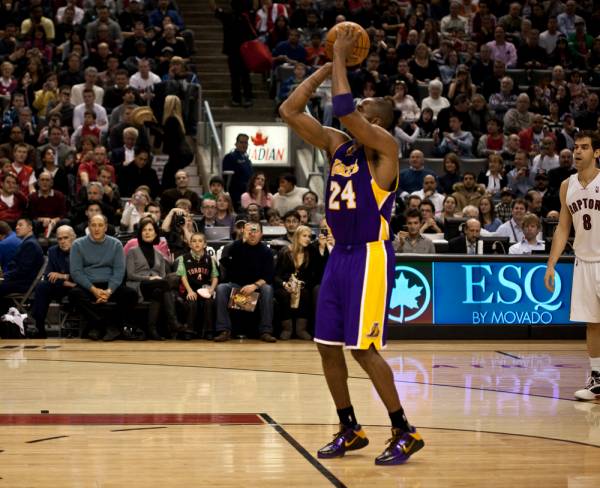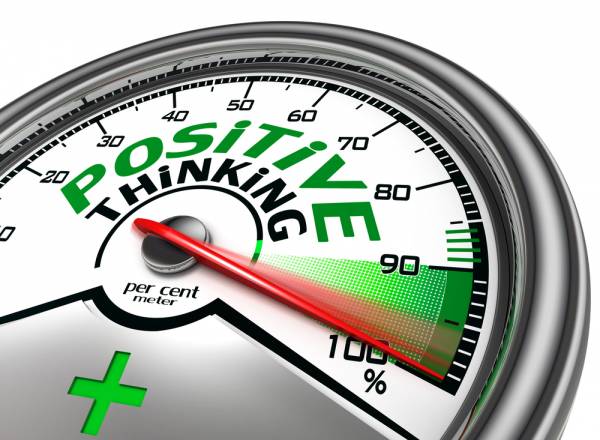The supplement industry is a multi-billion dollar industry. Chances are, if you are reading this article, you more than likely take a supplement. Some of the more popular ones are protein powders, creatine, and anything that claims it can make you drop a few pounds in a short period of time. These companies have spent so much money on effective marketing that we actually believe we need these supplements to maintain and increase performance.
The Power of the Placebo Effect
Ever taken a creatine supplement for a period of time and forgot it one day before the gym? Did you notice a dip in performance? I have actually been this position before and my performance in the gym was below average. I had in my mind that I could not perform the same without creatine – and I didn’t. But was this because my creatine levels became low over that 24-hour period or was it because I thought I would perform negatively?
In research, the power of belief is known as the placebo effect. We have known about the placebo effect for a long time and account for it during research. This is why the double-blind crossover studies are the most revered. They keep both researchers and subjects “blind” to which group is the control and which group is the study group.
Some research has even shown that the placebo can be more powerful than prescription drugs. One research article in particular looked at brain scans comparing antidepressants and the placebo effect. The placebo effect was equally as powerful as the medication and elicited a response from a different area of the brain.1 This is pretty amazing and something we need to keep in mind as there are no negative side effects to believing that you are getting better.
The Psychology of Positivity
The placebo effect has not only been investigated in medical research, but in regards to sports performance, as well. In these studies, researchers gave the participants a placebo that they believe to be an ergogenic aid. These studies have researched the placebo effect on performance in everything from weightlifting to cycling, and the outcome has been favorable. An analysis done in 2009 looked at twelve of these studies and suggested that psychological variables can drive physiological performance in both positive and negative manners.2
As a strength coach, I witness this scenario a lot. Clients come in to the gym expecting not to do well on a max effort lift. I know right then and there that a personal record is probably not happening unless I can find a way to get them to change their beliefs. It works the other way around, as well. People will come in ready to crush it and believing that they will set a new record – and then they do.
We see this happen in professional sports, as well. Kobe Bryant has the most missed shots in NBA history. If he allowed those shots to negatively affect his performance, he would not be considered one of the greatest basketball players of all time. Michael Jordan is also on the list of most missed shots in NBA history.

This does not just work for professional athletes. A 2011 study looked at positive thinking and golf performance. A group of subjects were given a putter that they believed was used by a professional golfer. When compared to the control group, this group perceived the hole to be larger and sank more putts.3
Positivity and Performance
Sport psychology is a relatively new field and as we learn more and more about the human brain and psyche this field will continue to evolve. But we often do not hear about these research studies because there is no money to be had by believing in yourself. However, there is billions to be made in believing in a supplement to improve your performance.
There are some supplements that have been shown to be effective. Research is pretty strong in favor of creatine’s performance enhancing abilities, but how much of that can be attributed to the placebo effect and what percentage is actually attributed to the creatine itself?
When looking for performance enhancing supplements, we need to first identify where our positive thinking lies on the spectrum. This can be the most effective and the cheapest ergogenic aid we can add to our arsenal. Not only will positive thinking help our performance, but it also has many positives on our overall health.
Improve Your Positive Thinking
There are many ways we can improve our positive thinking. One of my favorite methods is visualization. Before your next game or the next time you pick up the barbell, envision yourself performing above and beyond expectations. You will be surprised how effective this is.

Also, learning how to identify negative thoughts is important. No matter how much we think positively, negative thoughts will still creep in from time to time. You need to to develop the ability to identify what is happening and actively turn those negative thoughts around into positive one. If this is difficult for you, it may be worthwhile to see a sports psychologist. Positive thinking is a proven ergogenic aid and actually will give you tools to increase your overall health.
My Challenge to You
For a month, try putting down the supplements and work on your positive thinking instead. Keep track of your performance and see what happens. Remember when your mom told you, “You can do anything you set your heart to?” She just may have been right.
References:
1. Leuchter, A., et.al., “Changes in Brain Function of Depressed Subjects During Treatment With Placebo.” American Journal of Psychiatry. 2002. Retrieved on September 14, 2014.
2. Beedie, CJ. and Foad. AJ. “The placebo effect in sports performance: a brief review.” Journal of Sports Medicine. 2009. Retrieved on September 14, 2014.
3. Lee, C., et.al., “Putting Like a Pro: The Role of Positive Contagion in Golf Performance and Perception.” Plos One 2011. Retrieved on September 14, 2014.
Photos courtesy of Shutterstock.






